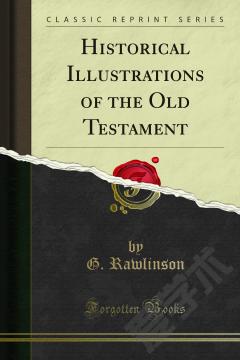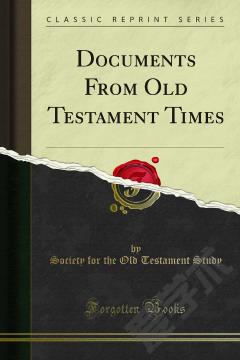Historical Illustrations of the Old Testament
During the last fifty years, and especially the latter part of this period, we have entered on a new epoch of Biblical knowledge and illustration. Cities that for ages lay buried in ruins have been disinterred. The pyramids have broken their long silence and spoken to us. The Assyrian inscriptions, which go back to the age of the earliest patriarchs, have been read, and have yielded up their hidden mean ing. Papyri, as old as the Hebrew Exodus, by the aid of modern science have been deci phered. Geographical explorations, more or less complete, have been made in all parts of the Holy Land, enabling us to judge of the accuracy with which the sacred writers speak of the relative situation of cities and villages, and of the scenery and agricultural or nomadic adaptations of this singular country, so diver sified in its aspects and characteristics.
{{comment.content}}








 京公网安备 11010802027623号
京公网安备 11010802027623号